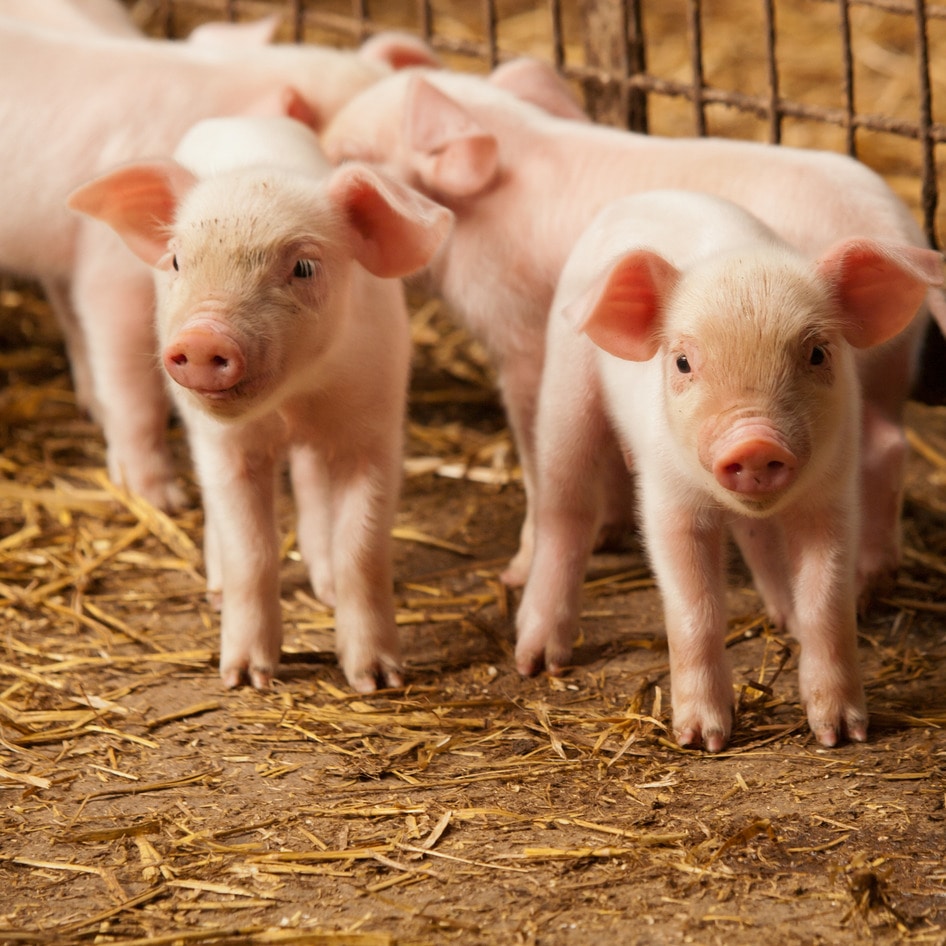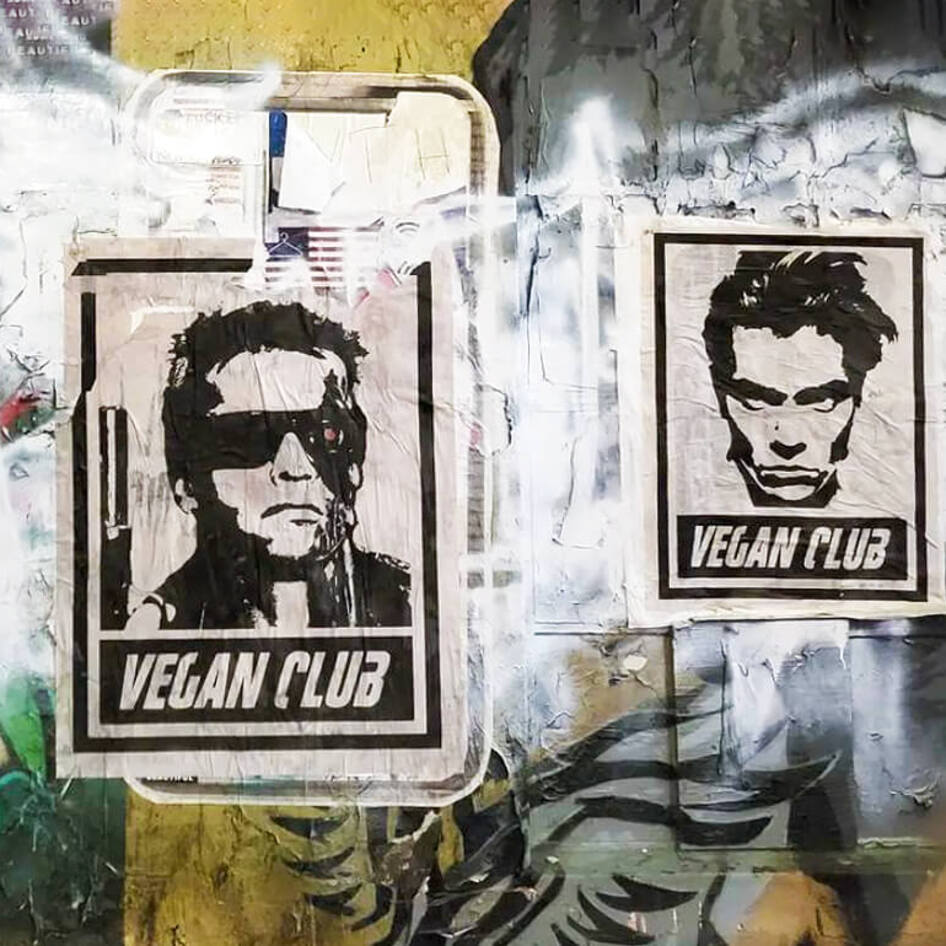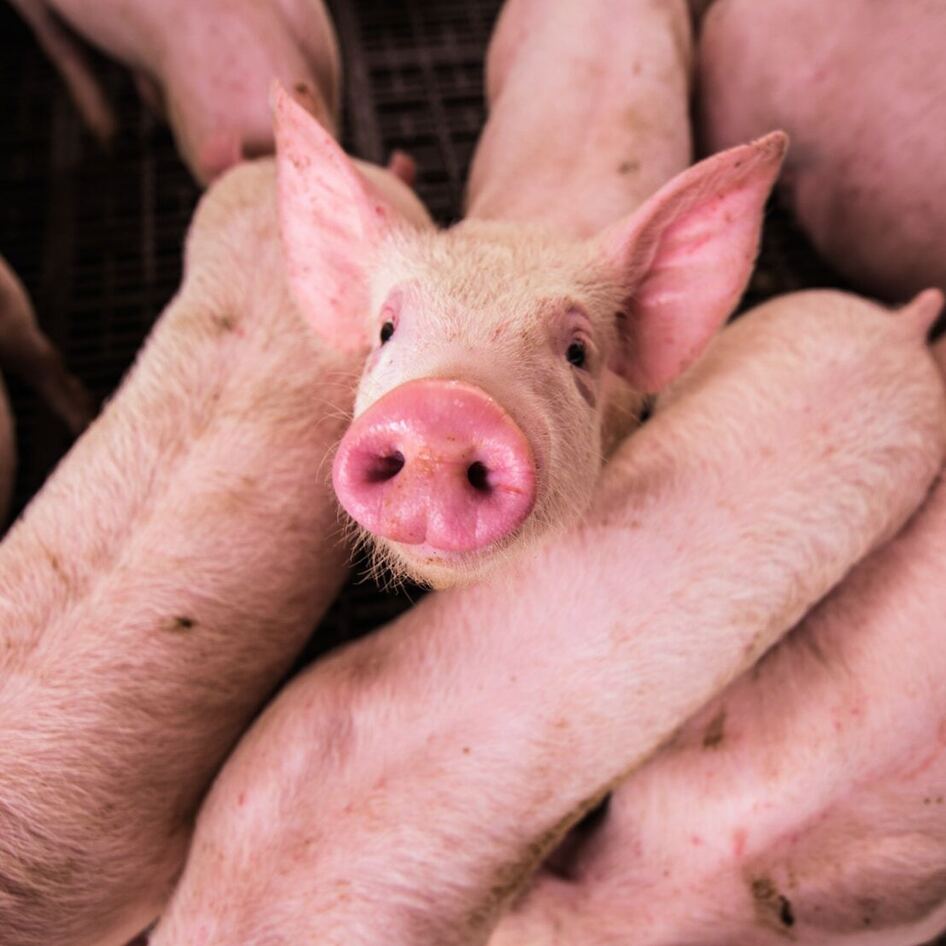Animal Abuse Video Rocks Nation
The USDA shuts down a Vermont slaughterhouse after a HSUS undercover investigation reveals abuse.
November 9, 2009
On October 30, The US Department of Agriculture (USDA) and the Vermont Agency of Agriculture suspended operations at a veal slaughterhouse after an undercover investigation by the Humane Society of the United States (HSUS) revealed deplorable animal welfare violations. Undercover footage captured by an HSUS investigator revealed that Bushway Packing Inc., located in Grand Isle, Vt., routinely treated veal calves with cruelty and that its killing methods were in direct violation of the Humane Methods of Slaughter Act (HMSA). In light of the cruel conditions revealed in the video, HSUS is urging the USDA to tighten regulations for the transport and slaughter of veal calves. The plant specializes in producing meat from infant calves, known in the industry as “bob veal.”
According to USDA Agriculture Secretary Tom Vilsack, the plant closure will be followed with a continued investigation by the Food Safety and Inspection Service (FSIS) and a criminal investigation of the violations committed in the video. While there are no federal guidelines governing animal confinement on factory farms, the HMSA makes it clear that animals must be “rendered insensible” to meet humane slaughter standards. Vilsack called the behavior of FSIS and USDA personnel documented in the video “inexcusable,” and for Paul Shapiro, senior director for HSUS, this is only the tip of the iceberg.
“Two critically-needed reforms at USDA include banning the slaughter of calves who are too weak to stand and prohibiting transport of calves prior to 10 days of age. These two improvements wouldn’t fix everything, but they’d certainly be positive movement,” says Shapiro.
The graphic undercover video shows workers from the plant killing veal calves that have not been properly stunned, and repeatedly shocking and kicking animals that cannot stand up. One excerpt shows a dying calf, his throat already severed, lying conscious on a slaughterhouse table. Disturbed by this flagrant violation of the HMSA, the HSUS undercover investigator notifies a nearby USDA inspector, who instructs him to only notify plant personnel of such problems in the future, because, “That’s something I’m not supposed to know, because I could shut them down for that.”
According to HSUS, another scene shows the co-owner of the slaughterhouse stun and then heave a downed calf to his feet while cursing at the infant animal. Shortly after the USDA suspended action at the plant, major news outlets from across the country picked up the story and described, in detail, the animal-welfare violations that the HSUS video captured. Shapiro believes that the film is a powerful medium for promoting awareness and education concerning factory farming.
“A picture is worth a thousand words and a video is worth a thousand pictures. Little is more effective at changing behavior than simply documenting what happens to animals on factory farms and in slaughter plants and letting the public see it with their own eyes,” he says.
In addition to banning the slaughter of downer calves and the transportation of calves younger than 10 days old, HSUS is now calling for federal inspectors to receive more training to better enforce humane treatment. In early 2009 the US banned downer cattle from the food supply industry, after a 2008 HSUS investigation uncovered animal abuse at the Hallmark/Westland Meat Packing plant in California. This measure, however, precludes treating ailing veal calves, who can currently be monitored under USDA supervision—an exception that the HSUS calls a loophole to the law. The group hopes that its most recent investigation in Vermont will change the way the USDA approaches downer calves.
JUMP TO ... Latest News | Recipes | Guides | Health | Subscribe







